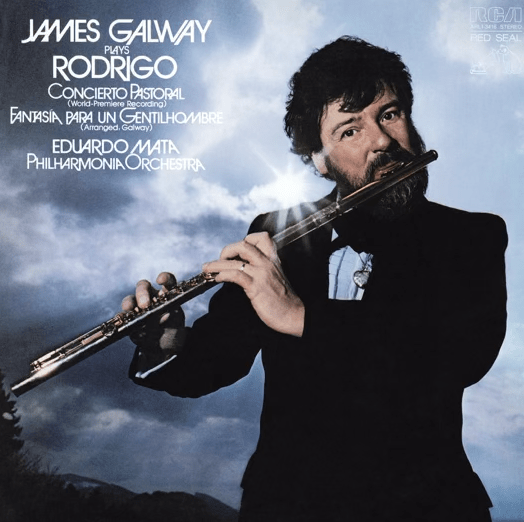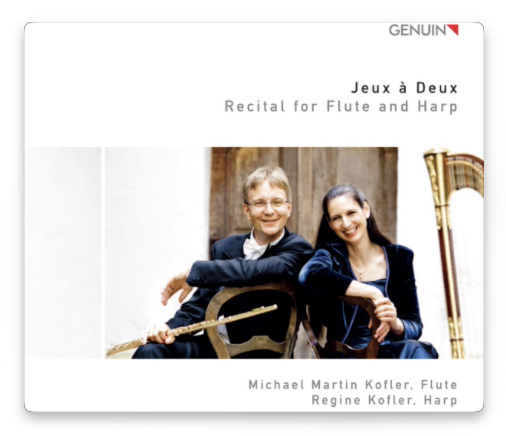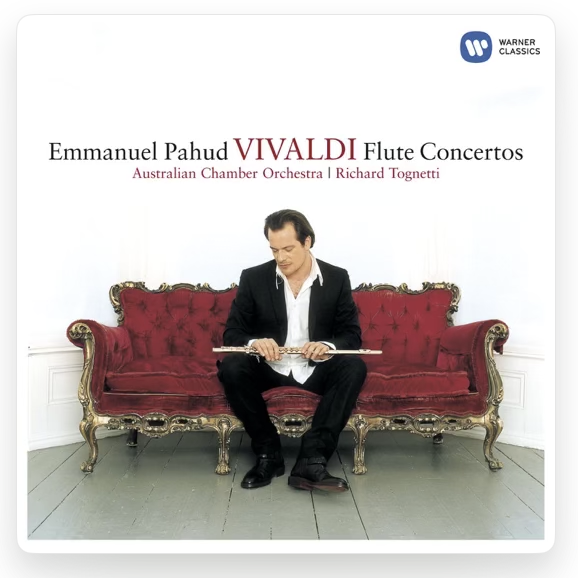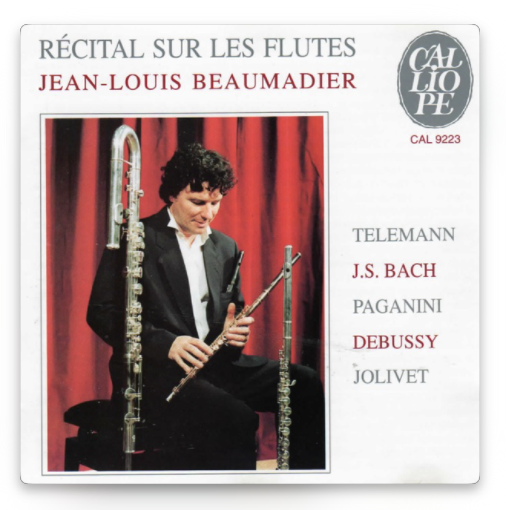Revolution: a late-Classical flute album

Following on the heels of his recording of music from the court of Frederick the Great, Emmanuel Pahud released an album, Revolution, of recordings of concertos by Devienne, Gianella, Gluck and Pleyel, composers of late Classical period. While a bit diverse in terms of nationality, they all had a strong connection to France, each having lived there and composed within its musical milieu. Devienne and Gianella were also flute players, Devienne in particular a player of great repute.
Pahud provides both an elegance and febrile urgency to these pieces which is both amazing to listen to as a flutist and very pleasant and stylish in a more general-listening sense. I like how closely curated the music is to make the Revolution theme of the album title come alive. The precision and elegance of the Kammerorchester Basel is also on-point and the prominent blare of the horns in the classical orchestrations really sounds convincing in terms of Period performance.
I find especially lovely the contrasting brilliant bluster and tenderness of his performance of Devienne’s concerto no. 7, a real favourite concerto of mine from my childhood.




